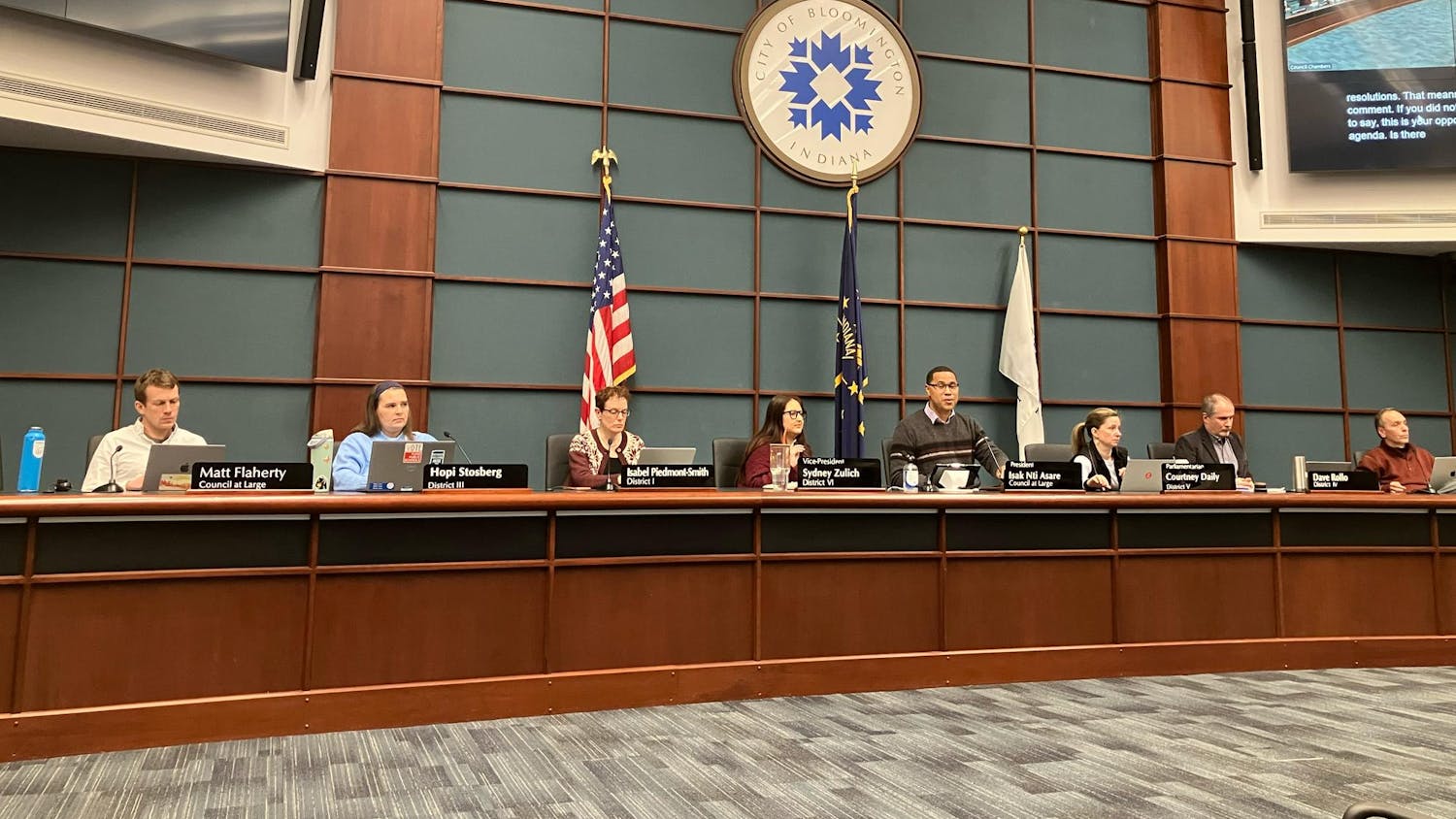VIENNA, Austria -- The United States, France and Britain will urge the U.N. Security Council to ban the sale of missile and nuclear technology to Iran for its defiance of demands to stop uranium enrichment, diplomats said Tuesday.\nThe U.N. diplomats told The Associated Press that a draft resolution would commit U.N. member countries to deny entry to Iranian officials involved in developing the country's missile or nuclear programs.\nThe measure also would deny most expert help provided by the International Atomic Energy Agency. Typical projects run by the U.N. atomic watchdog in Iran, as listed in a confidential IAEA document seen by the AP, help in disposing of nuclear waste produced by any reactor and local radiotherapy against tumors.\nOne of the diplomats, who spoke on condition of anonymity because the draft was not yet public, described all three measures as moderate and narrowly focused in an attempt to win Russian and Chinese backing to punish Iran's refusal to suspend uranium enrichment. The diplomat added that Moscow and Beijing could be formally presented with the draft as early as later this week.\nOn Monday, Iran's top nuclear negotiator, Ali Larijani, warned sanctions could backfire by making Tehran "more determined to continue with its nuclear activities," the country's official news agency reported.\nIran insists its nuclear program is for peaceful purposes. The United States and dozens of other countries fear, however, that it is secretly trying to make nuclear arms.\nA Security Council resolution passed last week imposed similar sanctions on the sale and transfer of technology that could contribute to North Korea's nuclear and ballistic missile programs after its test of a nuclear bomb.\nBoth Russia and China, which have veto power as permanent Security Council members, have agreed in principle to sanctions over Iran's refusal to heed an Aug. 31 ultimatum to freeze uranium enrichment and sharply increase cooperation with the IAEA in the Vienna-based agency's probe of its suspect nuclear activities.\nStill, both continue to publicly push for dialogue instead of U.N. punishments, despite the collapse last month of European Union-brokered attempts to entice Tehran into agreeing to at least a temporary enrichment freeze as a condition to multilateral talks meant to banish suspicions that Iran might want to build nuclear arms.\nCanceling IAEA technical assistance would do little to ease such fears. Such programs, which are freely available to all member countries, are restricted to medical or agricultural help, nuclear safety expertise and other peaceful applications that cannot be diverted for weapons purposes.\nBut it would be the first instance of IAEA technical cooperation being withdrawn from an agency member nation. As such, it would send a strong signal of international displeasure with Tehran.
West will urge U.N. to ban missle, nuclear sales to Iran
U.S. and allies seek to punish Tehran for defiance
Get stories like this in your inbox
Subscribe



